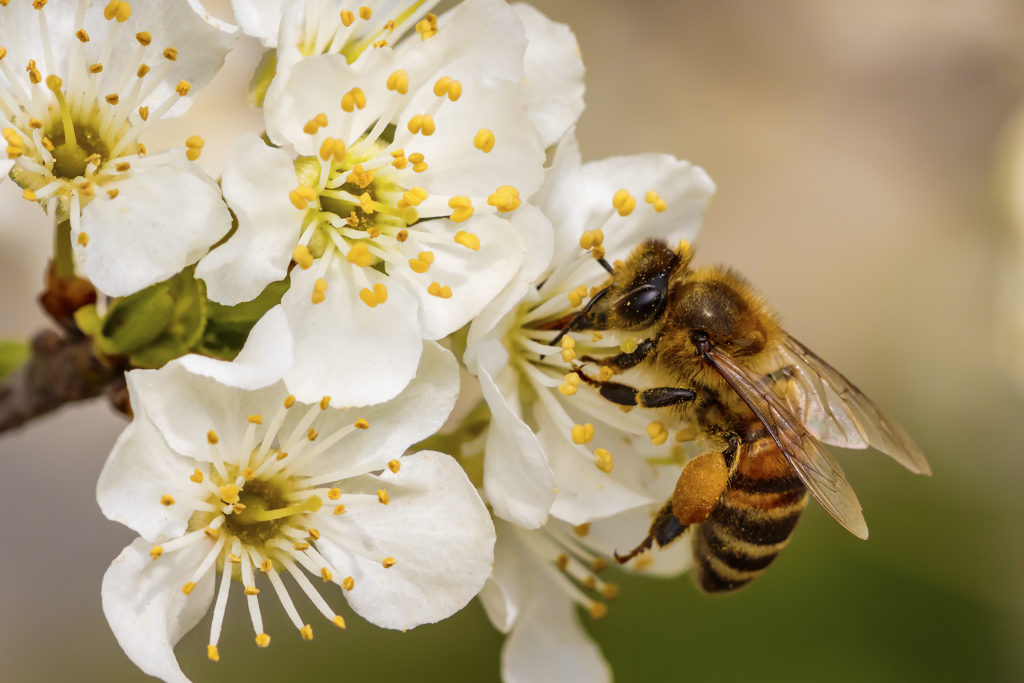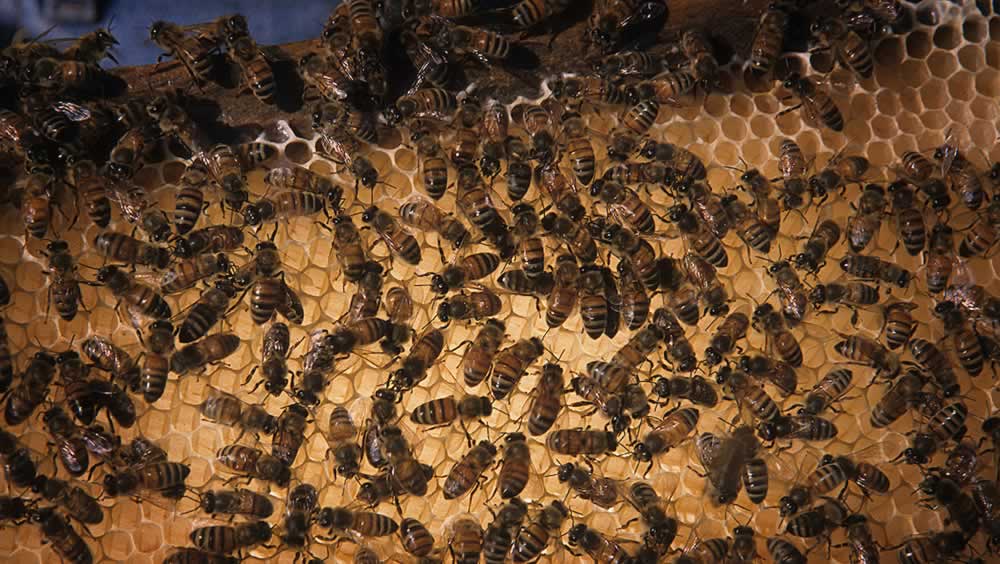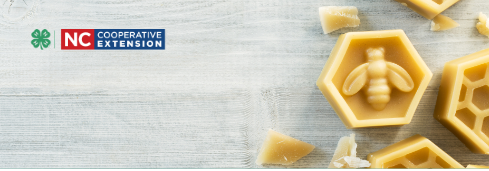NC 4-H Beekeeping Essay Contest
go.ncsu.edu/readext?927410
en Español / em Português
El inglés es el idioma de control de esta página. En la medida en que haya algún conflicto entre la traducción al inglés y la traducción, el inglés prevalece.
Al hacer clic en el enlace de traducción se activa un servicio de traducción gratuito para convertir la página al español. Al igual que con cualquier traducción por Internet, la conversión no es sensible al contexto y puede que no traduzca el texto en su significado original. NC State Extension no garantiza la exactitud del texto traducido. Por favor, tenga en cuenta que algunas aplicaciones y/o servicios pueden no funcionar como se espera cuando se traducen.
Português
Inglês é o idioma de controle desta página. Na medida que haja algum conflito entre o texto original em Inglês e a tradução, o Inglês prevalece.
Ao clicar no link de tradução, um serviço gratuito de tradução será ativado para converter a página para o Português. Como em qualquer tradução pela internet, a conversão não é sensivel ao contexto e pode não ocorrer a tradução para o significado orginal. O serviço de Extensão da Carolina do Norte (NC State Extension) não garante a exatidão do texto traduzido. Por favor, observe que algumas funções ou serviços podem não funcionar como esperado após a tradução.
English
English is the controlling language of this page. To the extent there is any conflict between the English text and the translation, English controls.
Clicking on the translation link activates a free translation service to convert the page to Spanish. As with any Internet translation, the conversion is not context-sensitive and may not translate the text to its original meaning. NC State Extension does not guarantee the accuracy of the translated text. Please note that some applications and/or services may not function as expected when translated.
Collapse ▲
Essay Awards
Essay Submission

NC 4-H Essay Content Rules
- Eligibility: The contest is open to active 4-H Club members only. 4-H’ers who have previously placed first, second, or third at the national level are not eligible; but other state winners are eligible to re-enter.
- Requirements (failure to meet any one requirement disqualifies the essay)
- Write on the designated subject only.
- Essay must be typed on single-sided pages and formatted following standard manuscript format using double-spaced type and 12pt font in a legible face font.
- Youth in the 11-13 and 14-18 age category must have an essay length of 750 to 1000 words. Youth that are in the 8-10 age category, only need to write an essay that is between 400-500 words.
- Word count does not include sources, works cited or the writer’s biographical statement.
- All factual statements and interview references must be cited in a “sources” or “bibliography” list.
- On a separate page, please include a brief biographical statement of the writer including mailing address, email address and phone number.
- Scoring: Essays will be judged on (a) scope of research – 40%; (b) accuracy – 30%; (c) creativity – 10%; (d) conciseness – 10%; and (e) logical development of the topic – 10%.
- The scope of the research is an essential judging criterion, accounting for 40% of your score. The number of sources consulted, the authority of the sources, and the variety of the sources are all evaluated. Personal interviews with beekeepers and others familiar with the subject are valued sources of information and should be documented.
- Awards: NC 4-H youth will compete in the following age divisions; 1). 8-10 2). 11-13 and 3). 14-18. Youth awarded first in each category will receive $25 each. The overall winning essay from either 11-13 or 14-18 will be sent on to the national competition. Youth can only place first one time within an age category.
National Essay
The winner of the North Carolina 4-H state Beekeeping Essay is forwarded to the national Foundation for the Preservation of Honey Bees to participate in their national essay contest.
- Each state may submit only one entry. North Carolina 4-H submits the state winning essay by May 1, 2023.
- Any 4-H Club member who placed first, second or third in previous years of the national competition is NOT eligible to win in 2023; however, state competition winners remain eligible to enter the national competition. Essays entered must encompass the designated topic only. There will be no exceptions.
- National winners will be announced by June 15, 2023.
- Decisions made by the trustees of the Foundation for the Preservation of Honey Bees during national judging are final. All national competition entries become the property of the foundation and may be used as it sees fit. No essays will be returned.
- Three cash prizes will be awarded in the 2023 National 4-H Beekeeping Essay Competition. The author of the highest-scoring essay will win first prize. The author of the second-highest scoring essay will win second prize. The author of the third-highest scoring essay will win third prize.
- First Prize: $750
- Second Prize: $500
- Third Prize: $250The three prize-winning essays will be published in ABF Quarterly, the magazine of the American Beekeeping Federation. All authors of essays submitted to the national competition will receive a relevant book on honey bees, beekeeping, or honey.
Program Files

Download this two-pager for the complete 2023 essay guidelines.
Written By Liz Driscoll, N.C. Cooperative Extension Liz Driscoll4-H Specialist Crop & Soil Sciences, Entomology & Plant Pathology, Horticulture Horticultural Science NC State Extension, NC State University
Read more at: Grow For It




